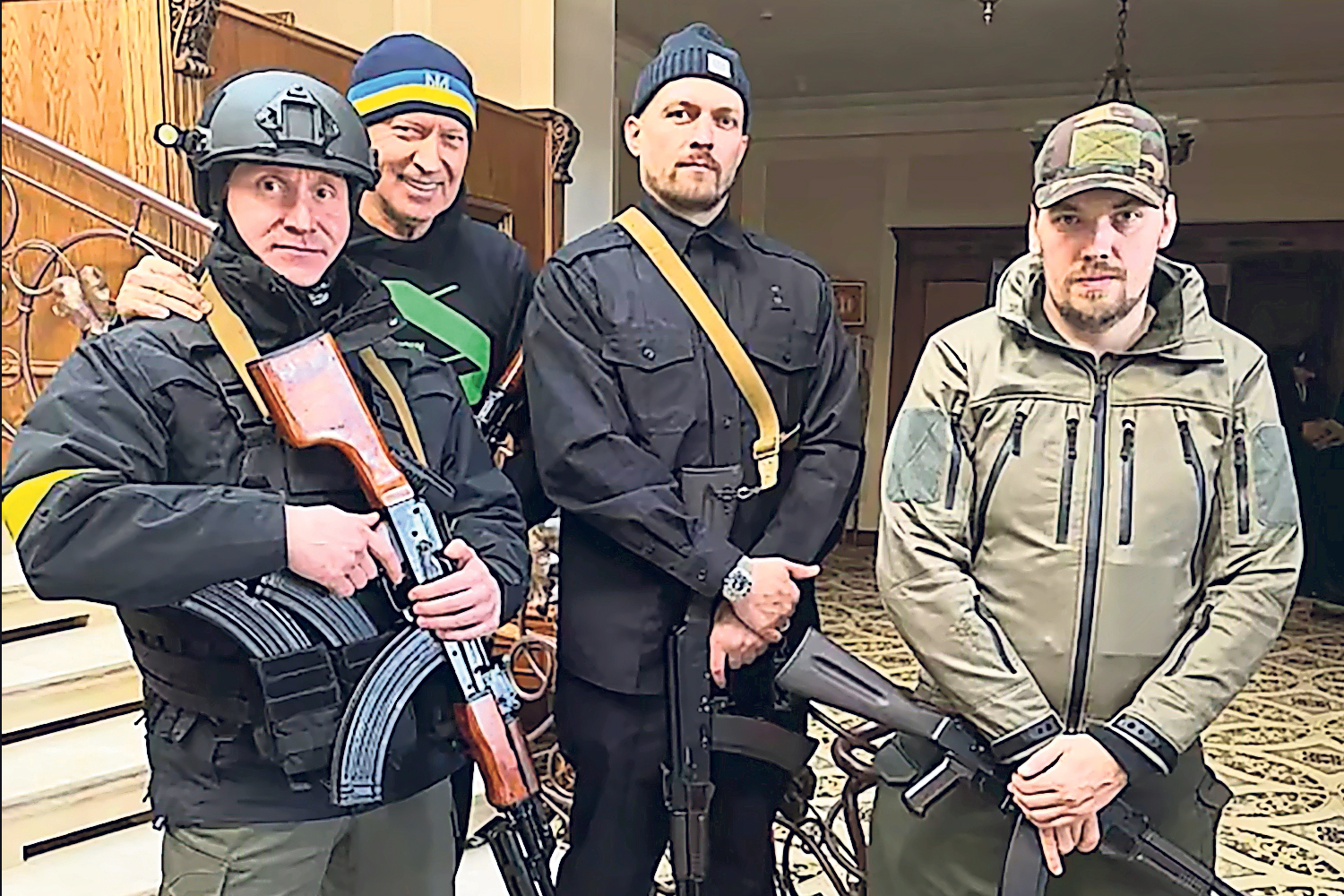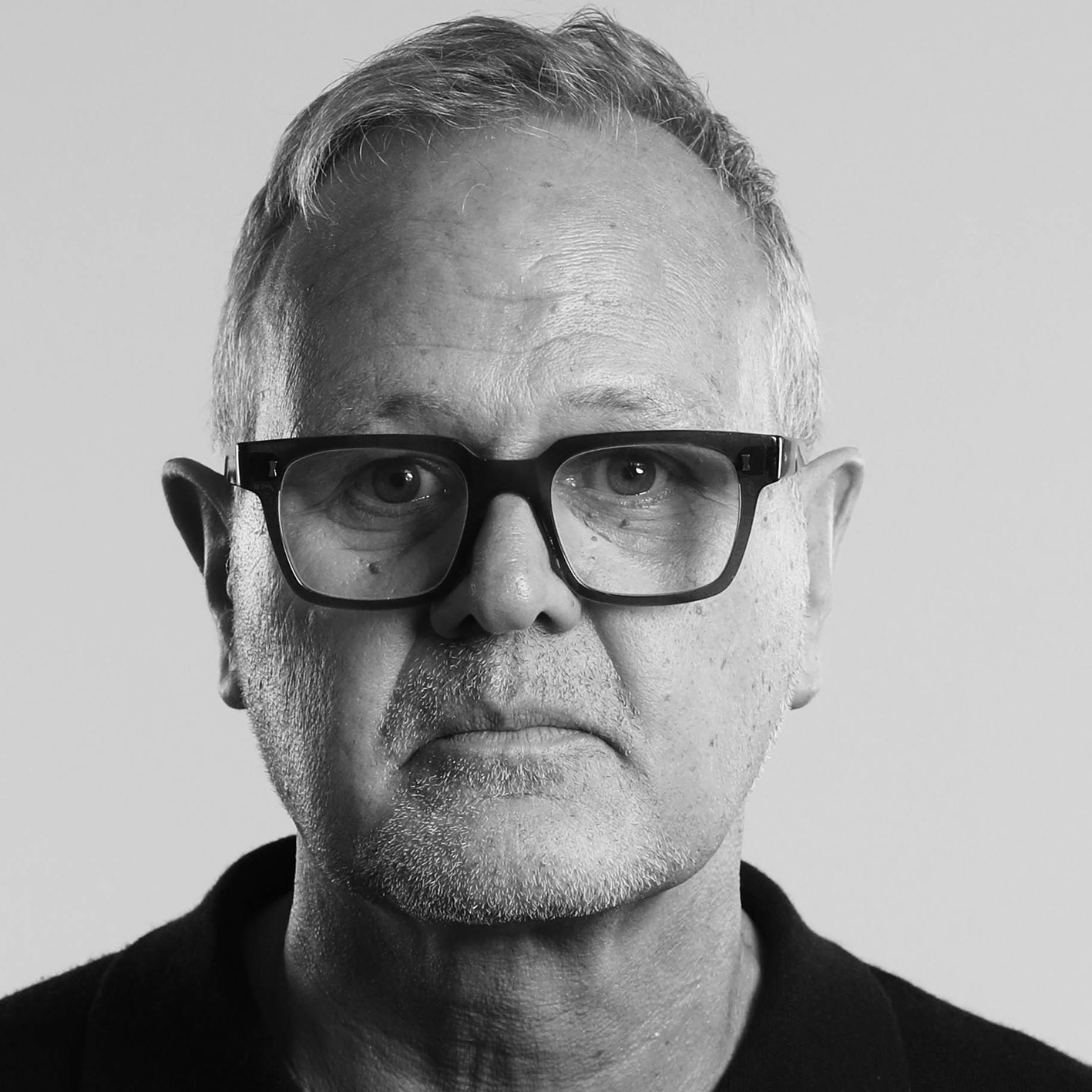It is easy to see why Oleksandr Usyk beating larger men from bigger countries carries so much symbolism in Ukraine. Usyk’s supremacy as undisputed world heavyweight champion is a comforting parable in a land assailed by Russian rockets and drones.
No sport can match heavyweight boxing’s output of filmic life stories. Usyk’s tale sits alongside Muhammad Ali rejecting the Vietnam draft and fighting racial injustice. Closer to home, his biography overlaps with Vitali Klitschko standing up to Russian aggression as mayor of Kiev.
In a sport built around violence and survival, Usyk has nailed the role of Ukrainian people’s champion; cautiously at first, when Russia’s forces moved into Crimea, but then decisively when incursion turned to full-scale attack and Ukraine was dragged into a fight for its existence.
Usyk is admired, and popular, but his triumph in becoming undisputed champion for a second time last weekend is under-appreciated outside boxing. His strong British ties are also underplayed. Only last week in Trafalgar Square he unveiled a replica of a mosaic by the Ukrainian artist Alla Horska that had been destroyed by Russian bombing. At the same time a blue and yellow prosthetic limb was added to the Florence Nightingale statue nearby in honour of the 80,000 Ukrainians who have lost an arm or leg.
“Russia destroyed so much in my country,” Usyk said that day. “Russia destroyed hospitals. Russia destroyed schools. Russia destroyed Ukrainian lives. But we will survive. We will rebuild our country, like a mosaic, piece by piece.”
Covering dozens of world heavyweight titles from the early 1990s onwards I noticed a pattern of the marquee division always fearing its own demise. Some of it was golden age nostalgia – the sense that nothing would ever compare to the Ali/Joe Frazier/George Foreman era. Fighters who had conquered everyone in their path were told they were champions of low standing in a denuded time. Another explanation was “politricks”, as Lennox Lewis called it: death by drowning in the alphabet soup of sanctioning bodies. In between the Ali, Frazier and Foreman zenith and now came the human tornado of Mike Tyson, who invented a brand of spiteful ultra-violence before collapsing in on his own outlaw narrative.
From there, Lennox Lewis and Evander Holyfield restored an older school of pugilistic dignity before the Klitschko brothers annexed the division from 2006 to 2015 – much to American boxing’s horror.
Vitali and Wladimir were exemplary pros but a hard sell in Las Vegas. Vitali fought like a soldier trying to punch a hole in a wall but was one of only four heavyweights to win a belt on three occasions.
Each had a PhD in sports science. Vitali later played a part in Ukraine’s Orange Revolution and is now the mayor of Kyiv.
Anthony Joshua and Tyson Fury moved into the space left by the Klitschkos but Usyk has returned the belts to Ukraine with consummate ringcraft. Fury, Joshua and now Daniel Dubois have both lost to him twice. Usyk prevailed as boxing threw itself into the arms of Saudi Arabia as Gulf states progressed from joining the world sport party to owning it.
Newsletters
Choose the newsletters you want to receive
View more
For information about how The Observer protects your data, read our Privacy Policy
In a sport built around violence and survival, Usyk has nailed the role of Ukrainian people’s champion
In a sport built around violence and survival, Usyk has nailed the role of Ukrainian people’s champion
People risking their lives for mass entertainment are way down the list of those deserving of censure, but the rise of Gulf state power in boxing and other sports has hastened what you might call disengagement from the show. Not for hardcore boxing fans, but certainly among curious neutrals who baulk at rising pay-per-view fees.
Greater awareness of brain damage from concussive blows to the head hasn’t amplified the demand for abolition. It has, though, made many recoil from the spectacle. There is an ambivalence (or downright disgust) that was less audible when boxing was sport’s favourite guilty pleasure.
Still, a scan in search of idols and titles that transcend sport will always lead back to Usyk, who took up boxing because his family couldn’t afford football training or kit. When Russia invaded Ukraine in February 2022, the London 2012 Olympic champion flew from the UK to Poland and drove to Kiev to join a territorial battalion.
But his comrades sent him back to the ring. “They explained that as a soldier I would not be able to do as much for my country as I would as a boxer.” Usyk insists he wants to return to military service again.
In London before felling Dubois with an unanswerable left hook, he met Ukrainian war veterans and spoke out about Russia’s attacks on his country’s energy grid.
He’s running out of big names to fight in the ring. But the battle against Russia seems to have many more rounds to go.
“I’m not boxing for the belt now, I’m boxing for everyone who is defending our country, and in memory of those warriors who are no longer with us,” he says.
Turning away from boxing on medical grounds is a rational choice.
But dialling out on Usyk’s story would be a failure of empathy and understanding of the slaughter in Ukraine.
Photograph by @Andrii_nebytov/Instagram



